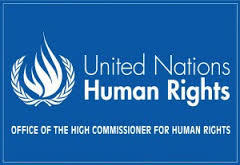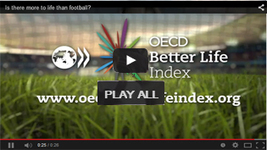Ten steps for developing an anti-corruption culture within your organisation Dawna Wright and Dean Newlan McGRATHNICOL FORENSIC A common thread running through…

|
Scooped by
KROTOASA RESEARCH-INTENSIVE INSTITUTE (KRII)
August 6, 2014 10:58 PM
|



 Your new post is loading...
Your new post is loading...











